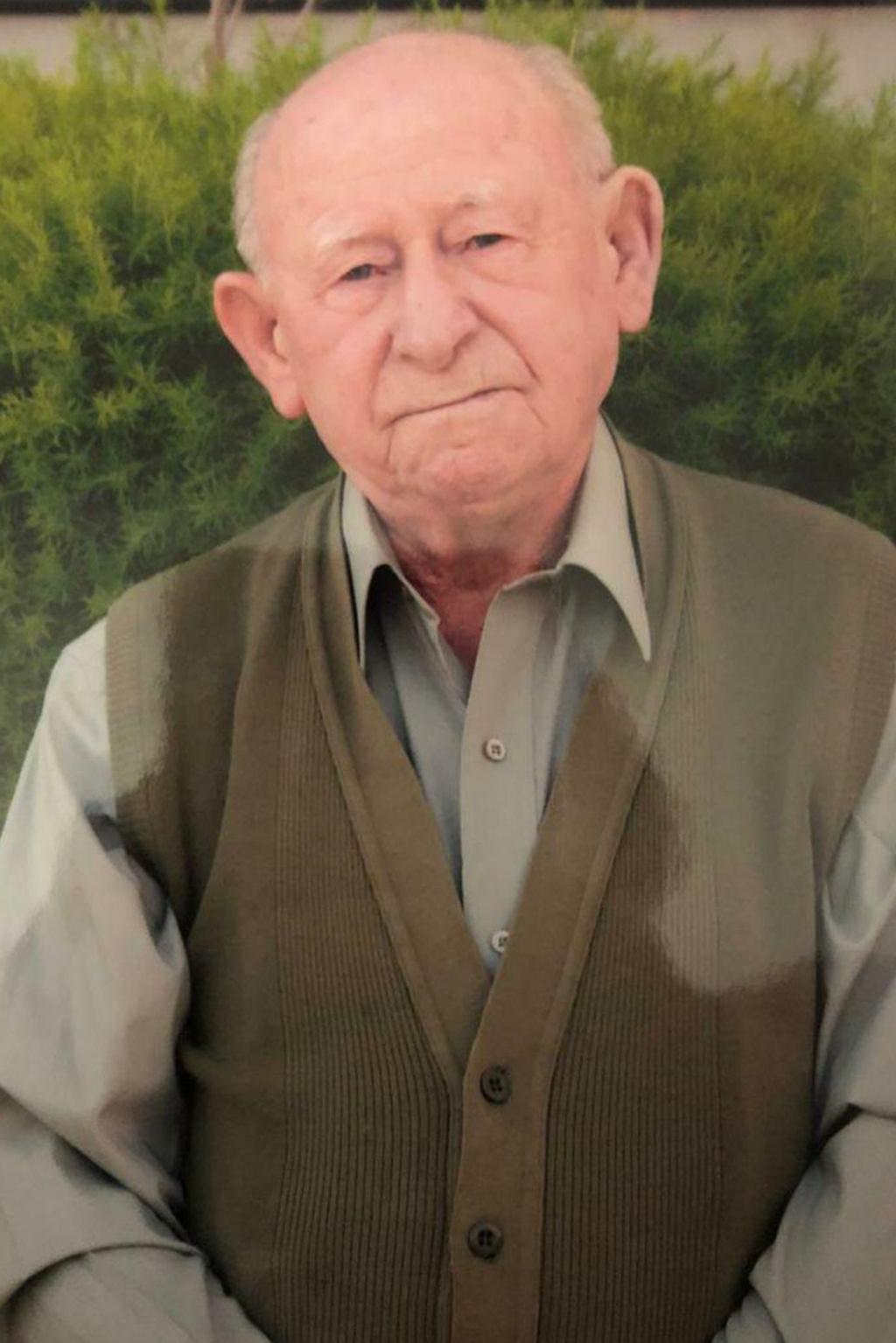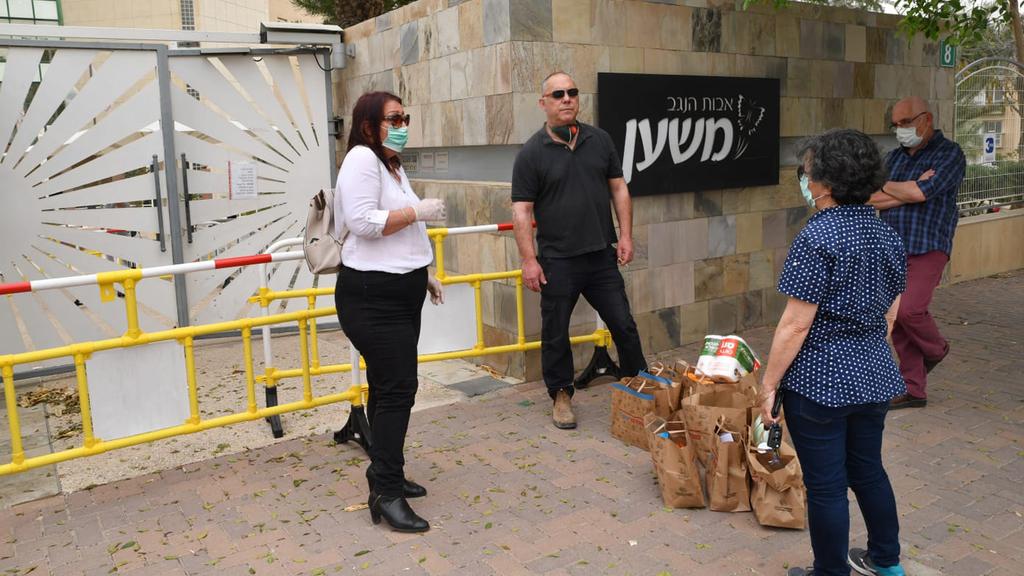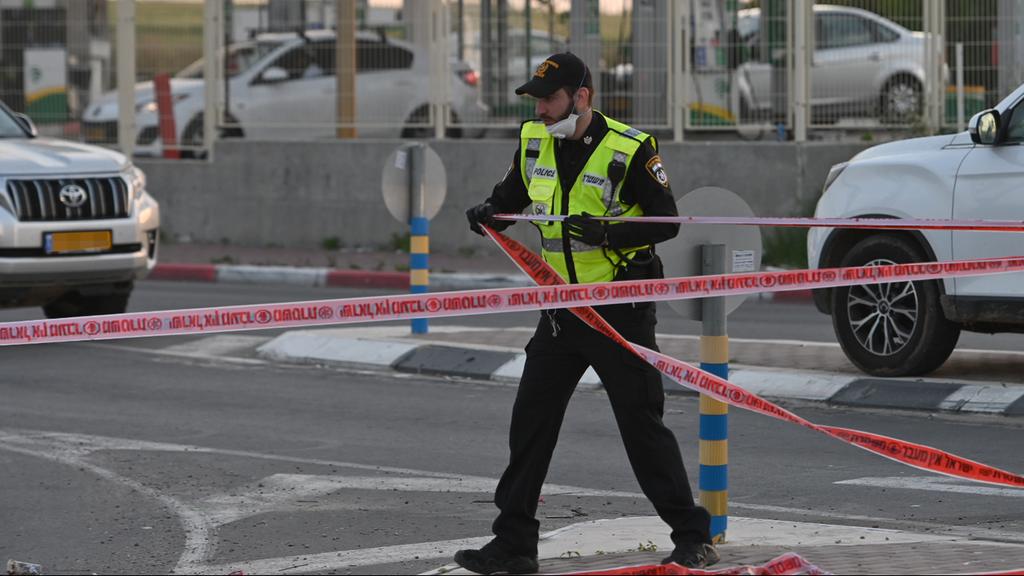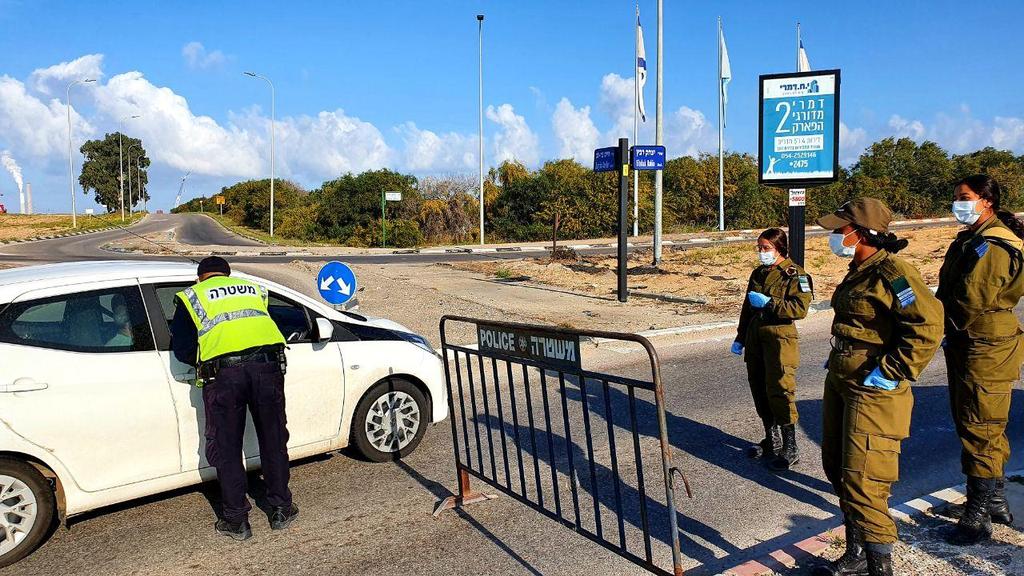Getting your Trinity Audio player ready...
Another seven people have died from complications related to coronavirus since the evening hours, bringing the nation's death toll to 72, the Health Ministry said Wednesday morning. The total number of COVID-19 cases in Israel now stands at 9,404.
Among the latest victims are 97 and 96-year-old men man who contracted the virus at Mishan nursing home in Be'er Sheva, making them the ninth and tenth fatalities from the facility. He suffered from underlying health conditions and was hospitalized at the Soroka Medical Center in Be'er Sheva.
4 View gallery


97-year-old Shimon Rainzilber who contracted the virus at Mishan Be'er Sheva
(Photo: Courtesy of family)
Two other men, aged 77 and 75, passed away at Ichilov Hospital in Tel Aviv. They suffered from serious underlying health conditions.
In addition, a 67-year-old woman passed away at Rambam Hospital in Haifa. She also suffered from underlying health problems.
On Tuesday, a 37-year-old man has passed away at Petah Tikva's Rabin Medical Center on Tuesday due to complications of coronavirus, making him Israel's youngest victim of the deadly pathogen so far.
According to the hospital, the patient suffered from severe underlying health conditions and received respiratory assistance in the last week.
Among the lastest number of infected, 147 patients are in serious condition, including 122 who are on ventilator support and 199 people remain in moderate condition. Another 8,186 people have mild symptoms and 801 have made a full recovery.
Hospitals are treating 740 patients, while 5,985 people are fighting the virus at home. Another 859 people are currently in specially designated hotels and 948 are awaiting a decision on whether they will be treated.
A nationwide lockdown to last for the first few days of Passover has come into effect in Israel on Tuesday.
The lockdown, which was voted by the government on Tuesday, came into effect at 7pm of that day and will include a curfew from 3pm Wednesday until Thursday morning, to prevent people from giving in to the temptation to visit family and friends on the first night of the festival.
The nationwide lockdown essentially prevents most Israelis from leaving the municipal boundaries of their own cities, although they would be allowed to shop for essential supplies in their communities close to their homes.




